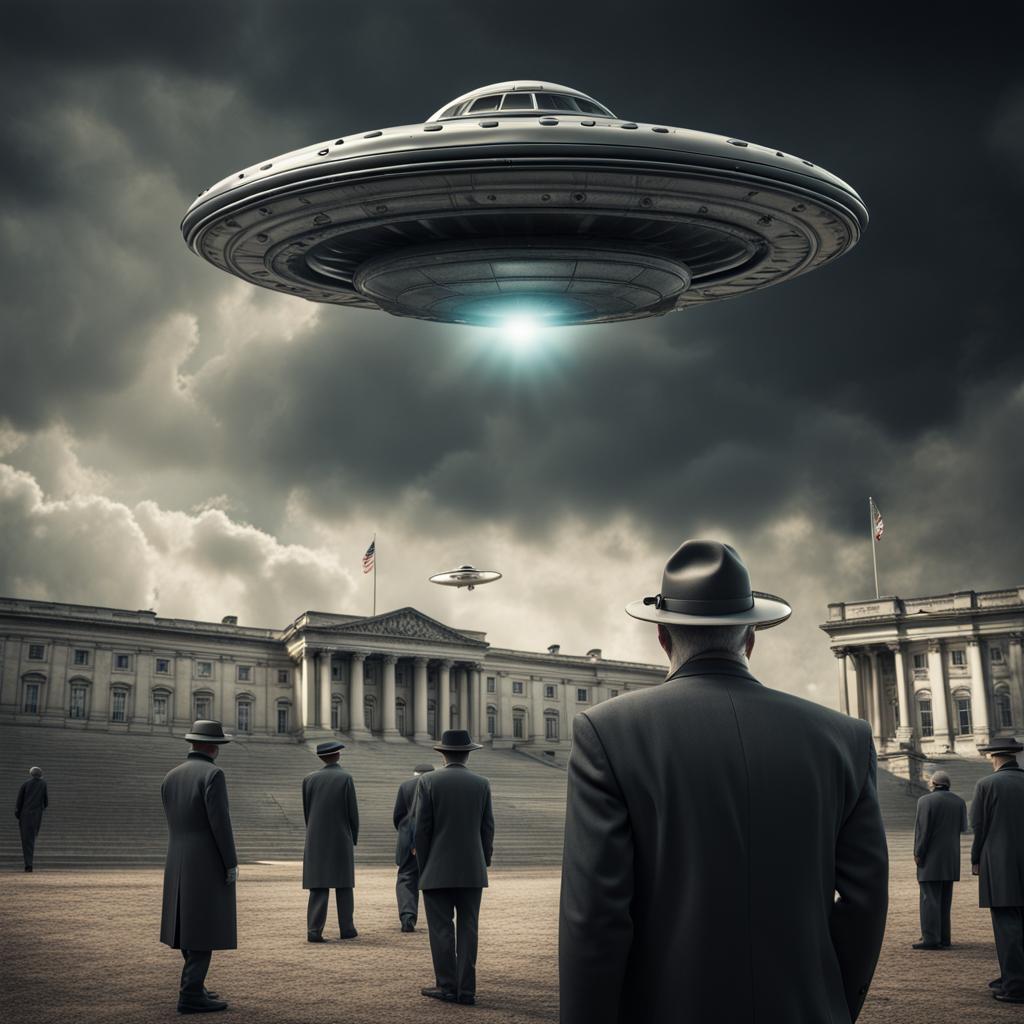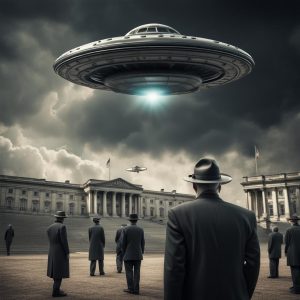
A Comparison of UK and US Whistleblower Laws Regarding UFOs
 Unidentified Flying Objects (UFOs) continue to captivate the imagination of people worldwide. In order to shed light on any potential UFO-related information, whistleblowers play a crucial role in coming forward with evidence and experiences. This article will examine and compare the whistleblower protection laws in the United Kingdom (UK) and the United States (US) related to UFO disclosures.
Unidentified Flying Objects (UFOs) continue to captivate the imagination of people worldwide. In order to shed light on any potential UFO-related information, whistleblowers play a crucial role in coming forward with evidence and experiences. This article will examine and compare the whistleblower protection laws in the United Kingdom (UK) and the United States (US) related to UFO disclosures.
Whistleblower Laws in the United Kingdom:
In the UK, whistleblowing protection is governed by the Public Interest Disclosure Act 1998 (PIDA). PIDA provides important legal safeguards for employees who disclose information about wrongdoing within their organizations. It covers a wide range of concerns, including issues related to national security and public safety.
When it comes to UFO-related disclosures, the UK has a specific authority known as the Royal Air Force (RAF) UFO Reports, which operated from 1950 to 2009. While the RAF formally closed its UFO reporting desk, the information and experiences shared by whistleblowers can still be disclosed under the PIDA.
Under PIDA, whistleblowers are protected from being unfairly dismissed or subjected to detrimental treatment as a result of their disclosures. They are also entitled to submit their concerns to designated “prescribed persons” or regulatory bodies, including the Independent Office for Police Conduct, the Office of Whistleblowing Commissioner, and other relevant authorities.
Whistleblower Laws in the United States:
In the United States, whistleblower protection is mainly regulated by the Whistleblower Protection Act of 1989 (WPA) and the False Claims Act (FCA). The WPA provides protection for federal employees who disclose information about illegal activities, gross mismanagement, or abuse of authority within government agencies. However, it does not specifically address UFO-related disclosures.
However, the False Claims Act, which focuses on fraudulent claims made to the government, could potentially apply to UFO-related whistleblowing incidents, particularly if there are allegations of financial impropriety or fraud involved. Whistleblowers who report such cases may be eligible for financial rewards if their disclosures lead to successful legal action.
Additionally, within the US, agencies such as the Department of Defense and the Office of the Director of National Intelligence have established mechanisms for reporting potential UFO sightings or encounters. While these mechanisms might not fall directly under whistleblower protection laws, they provide avenues through which individuals can share their experiences.
Both the UK and US have legal frameworks in place to protect whistleblowers who come forward with information related to UFOs. The UK’s PIDA offers broad protections for whistleblowers, encompassing matters of national security and public safety. In the US, the WPA and the FCA provide some protection, though the legislation does not explicitly address UFO-related disclosures.
It is important for whistleblowers to understand the specific laws and regulations in their respective countries and seek legal advice if needed. As society’s interest in UFOs continues to grow, it is crucial to have robust whistleblower protections that encourage the disclosure of information while safeguarding the rights of those who come forward.
